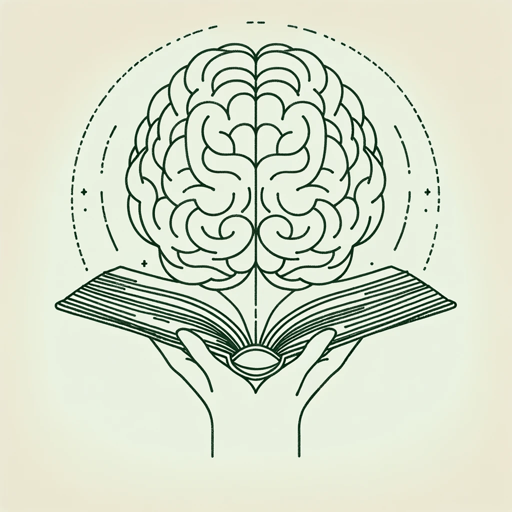56 pages • 1 hour read
C. G. JungModern Man in Search of a Soul
Nonfiction | Book | Adult | Published in 1931A modern alternative to SparkNotes and CliffsNotes, SuperSummary offers high-quality Study Guides with detailed chapter summaries and analysis of major themes, characters, and more.
Themes
The Unconscious as a Resource
Jung disagrees with Freud’s belief that the unconscious mind is a churning cauldron of dark, greedy, antisocial urges. Instead, the unconscious is the source of all human drives, including beneficial and curative impulses. He also differs from the modern, quasi-scientific view that psychic spirituality is a myth and therefore need not be addressed in therapy.
The field of psychoanalysis pioneered by Sigmund Freud at first took the view that patients’ problems stem from loss of control over their darkest urges. This view proved overly restrictive; it doesn’t consider that inner struggles often are about conflicts over legitimate wants and needs, and it fails to make room for the ongoing human desire to find higher values in life. At the same time, modern scientific thinking, with its emphasis on physical evidence, ignores the idea that spirituality is a legitimate concern, and instead writes off much of that deep yearning as distracting fantasies or glandular disorders.
Jung finds that, contrary to these rather cold and impersonal views of patients’ problems, people want more ideal lives that are meaningful and purposeful. These wants aren’t simply displaced sexual frustrations or distorted urges for power. Rather, they are actual, profound desires that well up spontaneously from the unconscious mind in the form of 








